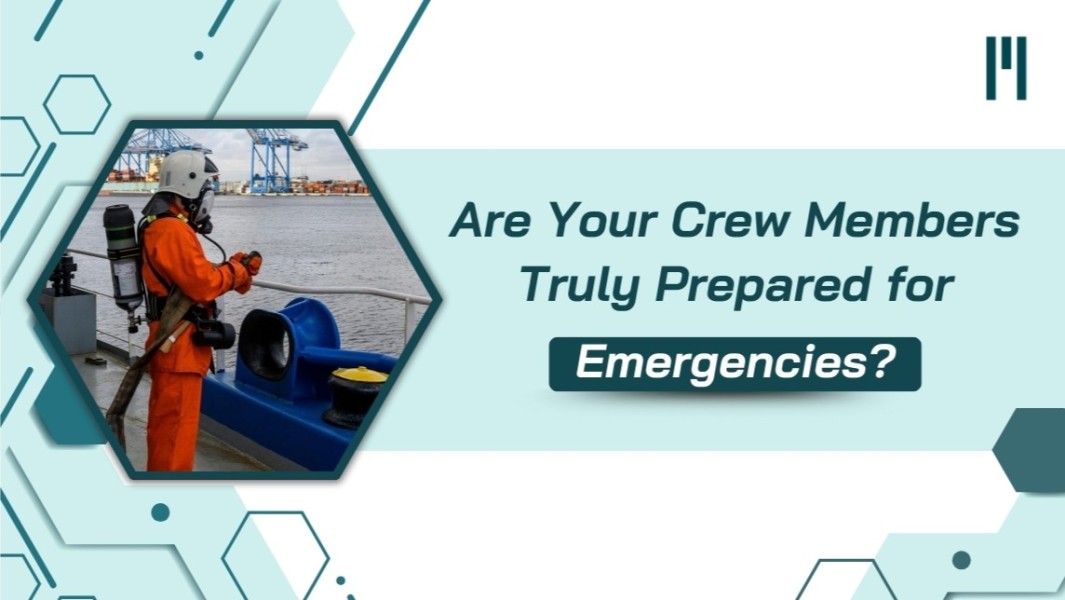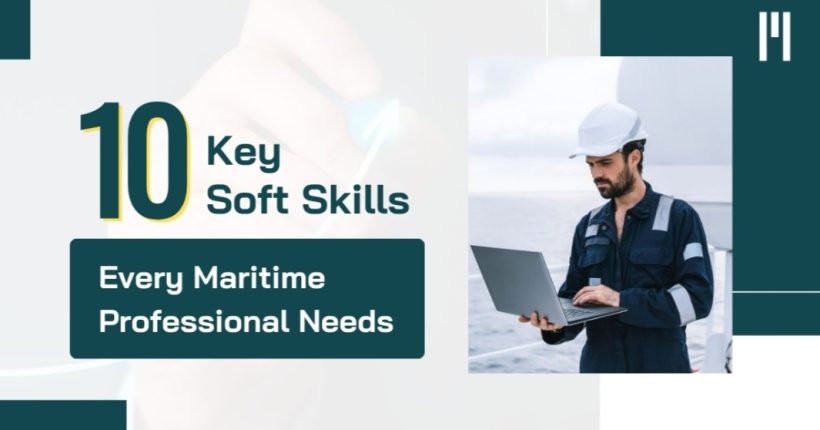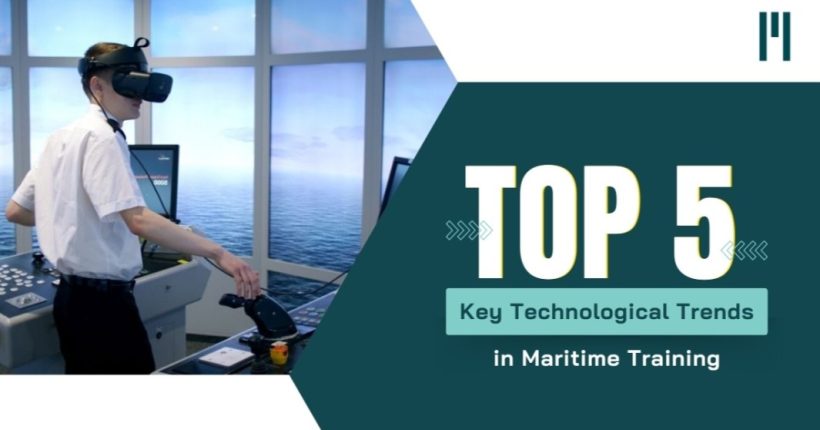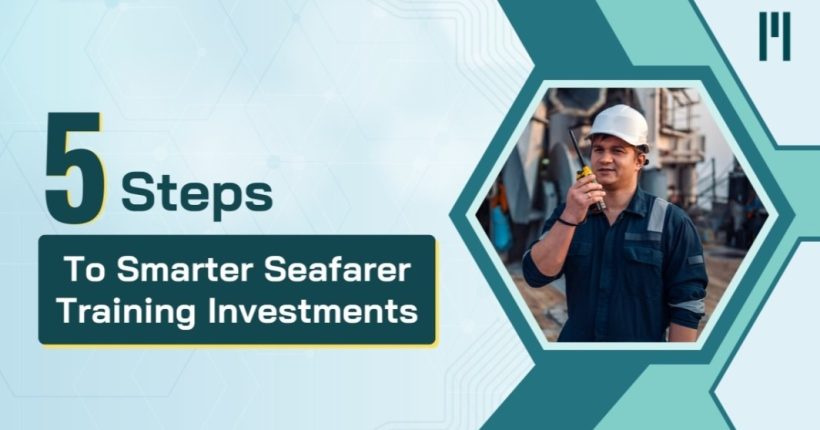The maritime industry plays a crucial role in global trade, with 1000s of ships transporting goods across oceans daily. However, maritime accidents remain a major concern, often leading to loss of life, environmental damage and financial setbacks.
But the good news is effective training can significantly reduce operational risks and prevent accidents at sea.
In this article, we’ll explore how proper training helps maritime professionals improve safety, efficiency and compliance, ultimately making the industry safer for everyone.
Understanding Operational Risks in the Maritime Industry
Operational risks in shipping come from human errors, technical failures, environmental conditions and regulatory non-compliance. These risks can lead to:

Many of these incidents are preventable with the right training and knowledge.
How Training Helps Reduce Maritime Accidents
1. Human Error is the Leading Cause of Maritime Accidents
According to Allianz Global Corporate & Specialty (AGCS) studies, over 75% of maritime accidents occur due to human error. This includes:
- Poor decision-making in critical situations
- Lack of knowledge about vessel systems
- Inadequate emergency response skills
Proper training ensures that crew members are well-prepared to handle real-life scenarios, reducing the chances of costly mistakes.
2. Ensuring Compliance with Safety Regulations
The maritime industry follows strict safety guidelines set by organizations like IMO, STCW and SOLAS.
Regular training helps seafarers stay updated with the latest safety protocols, ensuring compliance and avoiding penalties.
3. Improving Emergency Response & Crisis Management
In emergencies like fire outbreaks, engine failures or man-overboard situations, quick action is critical.
Training programs simulate real-world emergency scenarios, helping crew members develop the confidence to act decisively.
4. Enhancing Equipment Handling & Maintenance
Poor equipment handling can lead to mechanical failures and accidents.
Technical training on machinery operation, navigation systems and cargo handling ensures that crew members can operate vessels efficiently and safely.
5. Reducing Stress & Fatigue Risks
Long working hours and high-pressure situations increase the risk of fatigue-related errors.
Training in workload management, mental health awareness and team coordination helps seafarers maintain focus and productivity.
The Role of IMOI in Enhancing Maritime Training
At ISF Maritime and Offshore Training Institute (IMOI), we believe that quality training is the key to a safer maritime industry.

1. Industry-Leading Training Programs
IMOI offers cutting-edge instructor-led, e-learning and simulator-based training tailored for maritime professionals at all career levels.
2. Compliance & Safety Excellence
Ensures seafarers stay compliant with global safety regulations through structured, up-to-date training modules.
3. Innovative Digital Learning
Leverages HELMS, VR/AR technology and simulation-based training to create an engaging, scalable and cost-effective training environment.
4. Customized training Solutions
Provides tailored training programs for maritime companies, enhancing workforce competency and operational efficiency.
5. Bridging Skill Gaps
IMOI focuses on competency-based training, ensuring seafarers and shore staff are equipped with the latest industry knowledge and hands-on expertise.
Is Your Maritime Team Industry-Ready? IMOI Can Help
From customized workforce development to compliance-focused training and technology-driven upskilling, IMOI ensures your teams are always industry-ready.
Discover operational excellence with our specialized tailored training programs at https://isfgroup.in/Imoi/Trainings/ or reach us at 📧 isfgi@isfgroup.in.





